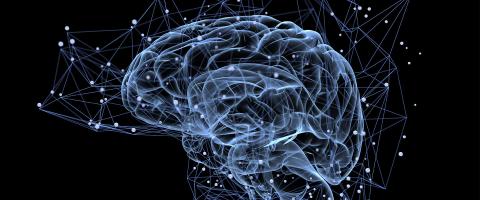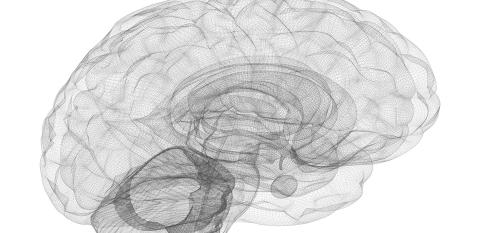
The holiday season usually is a joyful time. Many families look forward to gathering with relatives and friends, exchanging gifts, and celebrating traditions. In a normal year, the holidays can even be a bit stressful.
Read More
A World Expert Discusses What Research and Personal Experience Have Taught Him
Read More
Deanna Barch, Ph.D., a much honored research scientist who now chairs the department of Psychological and Brain Sciences at Washington University in St. Louis, did not take long in life to discover her passion.
Read More
“I love the science of it!” says Dr. Hilary Blumberg, a research pioneer who has used advanced imaging to figure out how the brain subtly changes in bipolar disorder, major depression, and other mood disorders. “But what really drives me,” she stresses, “is bringing this work to the point where
Read More
Susan Burns was a woman with few options. Her medicines—SSRIs—had caused her sodium levels to drop precipitously. After spending an entire year, in her words, “walking a tight rope” trying to find an alternative treatment approach, she finally settled on a cocktail of three antidepressant
Read More
Making a peanut butter-and-jelly sandwich is something people do almost mindlessly, or so you might say. But it is a task that involves a number of very real cognitive challenges: you have to remember where the peanut butter, jelly, and bread are.
Read More
Recent brain scan analysis suggests four distinct kinds of depression, says Conor Liston, M.D., Ph.D., Assistant Professor of Neuroscience and Psychiatry at Weill Cornell Medicine’s Feil Family Brain & Mind
Read More
An important discovery has been made at the University of Pittsburgh. It raises the prospect that there may be an entirely new way of relieving major depression in people who repeatedly have failed to respond to existing treatments—people at elevated risk for suicide
Read More
There was a longstanding belief that pre-pubescent children were too developmentally and cognitively immature to experience the core aspects of depression. In the mid-1980s research studies disputed those claims. By the late ‘80s, it was widely accepted that children ages six and older could
Read More
Some of the most talked-about risk factors for depression, like genetics and the wiring of the brain, are not things that one can easily change. These are far from the only things that can contribute to depression, however, and within this complexity is a message of empowerment, according to
Read More

